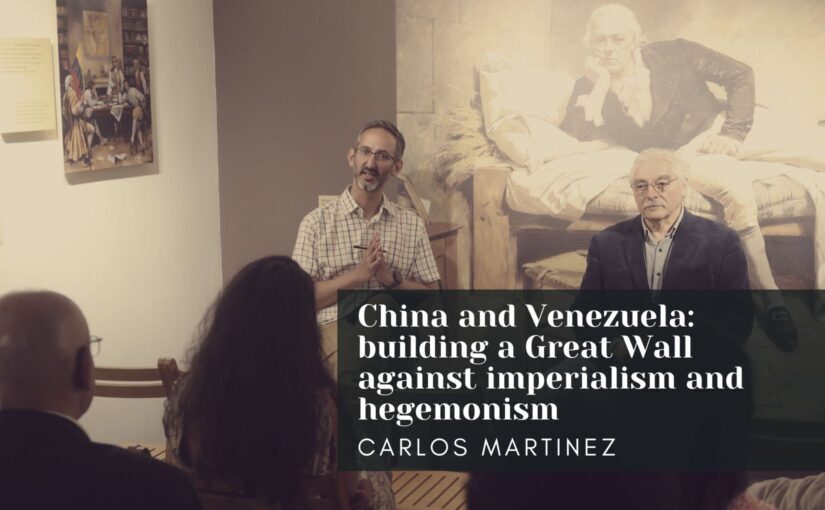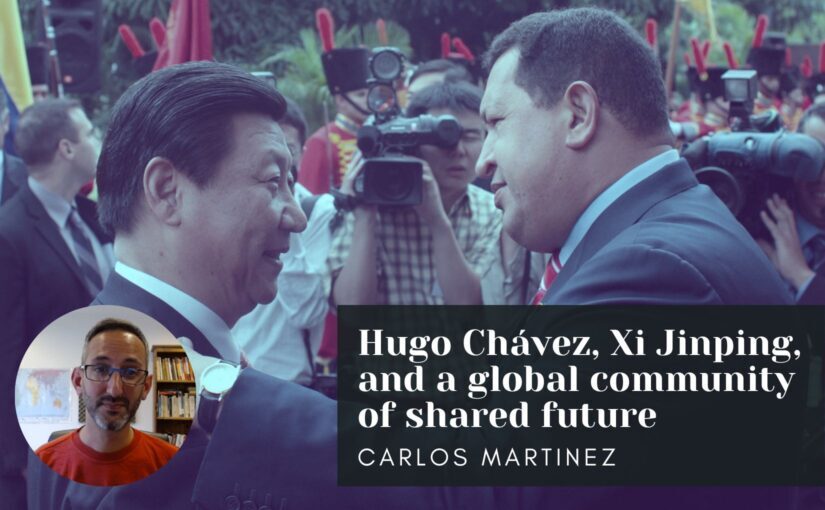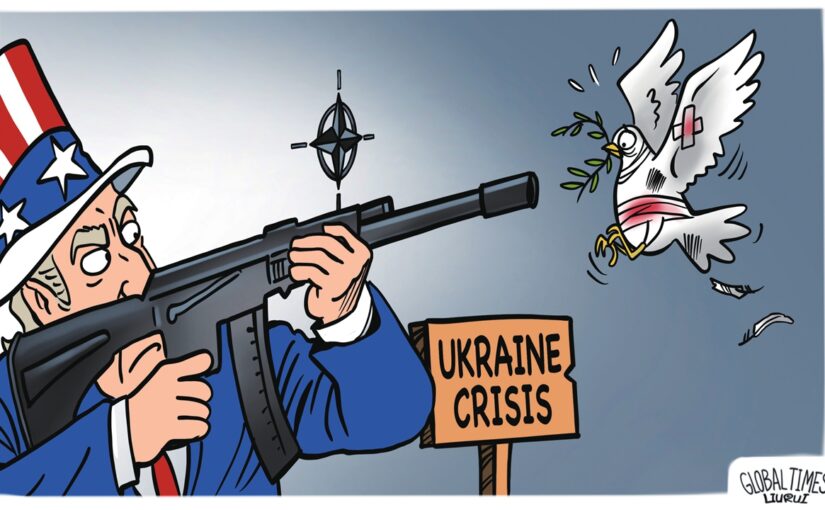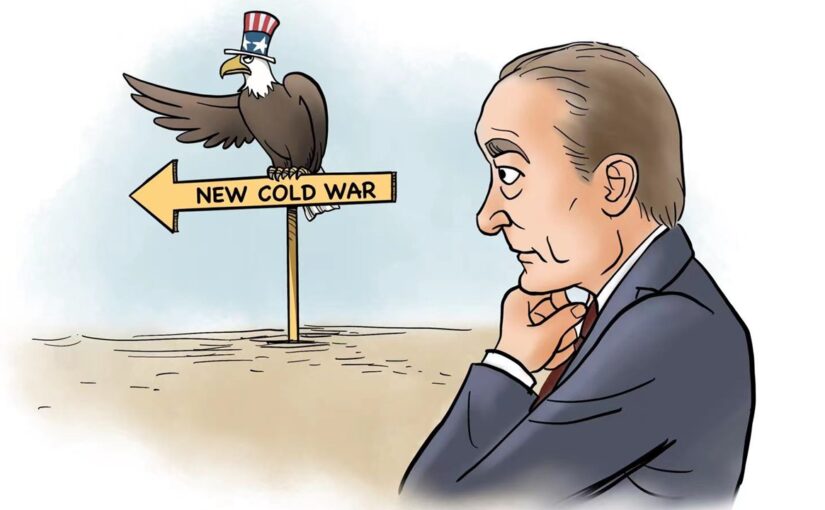The following text is based on a presentation given by Friends of Socialist China co-editor Carlos Martinez at a discussion forum titled The Emancipatory Struggle for Independence in Latin America, held on 18 July 2024 at the historic Casa Miranda in London, where the celebrated Venezuelan revolutionary Francisco de Miranda lived from 1802 to 1810. The event was organised by the Embassy of the Bolivarian Republic of Venezuela and was hosted by His Excellency Ambassador Félix Plasencia González.
Comrade-ambassador Félix Plasencia, friends and comrades, it’s an honour to be here with you this evening.
I would like to speak about a specific aspect of independence, which is: the relationship between sovereignty and internationalism.
To my mind this is a very important part of Venezuela’s political project since the election of Hugo Chávez in 1998. Venezuela has been fierce in defending its sovereignty, and it also has an exemplary record of internationalism and solidarity.
The two things are inextricably linked. And Chávez understood this in a very deep way, that sovereignty and independence are not the same as isolationism. And that to embrace internationalism does not mean to give up your sovereignty.
Indeed the opposite is the case: sovereignty cannot be won, and cannot be defended, outside of the context of the broadest possible unity against imperialism; against those countries that seek to deny others’ sovereignty.
The history of the last century provides ample evidence of this.
In his famous pamphlet on imperialism, Lenin observed that by the beginning of the 20th century, “the territorial division of the whole world among the biggest capitalist powers was completed”. Which is to say, the entire planet had been divided into two: a small number of imperialist countries on the one hand, and a vast number of oppressed countries on the other.
Lenin’s pamphlet was written in 1916. A year later, as you all know, a new factor emerged in global politics: the existence of a socialist country, leading in the following decades to the establishment of a socialist group of countries.
The existence of this socialist group of countries was in turn a powerful boost for the national liberation struggles in Africa, Asia, the Middle East, the Caribbean and elsewhere. These movements were able to win and defend their sovereignty – to struggle against imperialism – through the heroic efforts of their people of course, but combined with the solidarity of other countries, other movements. In the process they created a new group of liberated countries, such that the division of the world back that of a small number of imperialist countries on the one hand, and a vast number of non-imperialist countries on the other.
The brilliant Vietnamese revolutionary Ho Chi Minh famously stated that “nothing is more precious than independence and freedom.” And the Vietnamese people won their independence and freedom, with the support of the Soviet Union, with the support of China, and with the solidarity of progressive movements and people the world over.
Studying the liberation wars in Vietnam, in Mozambique, in Angola, in Algeria, in Zimbabwe, in Guinea-Bissau, the movements leading these struggles were all profoundly internationalist, all looked for inspiration and support to the socialist countries, and all were grounded in the revolutionary internationalism that forms such a key component of Venezuela’s political ideology, of Chavismo.
Today the example that stands out is that of Palestine. The Palestinians are fighting for their sovereignty, for their independence, for their basic national rights; against colonialism, against racism, against apartheid, against ethnic cleansing. They are taking on a genocidal aggressor in Tel Aviv, backed by genocidal aggressors in Washington and London. But the people of the world stand with them. The entire Global South stands with them and demands their legitimate national rights be restored.
Continue reading China and Venezuela: building a Great Wall against imperialism and hegemonism



